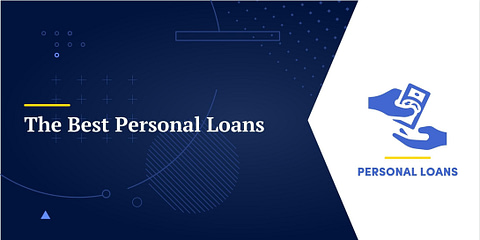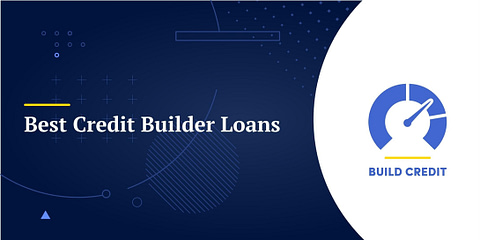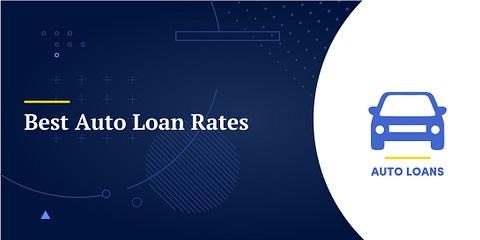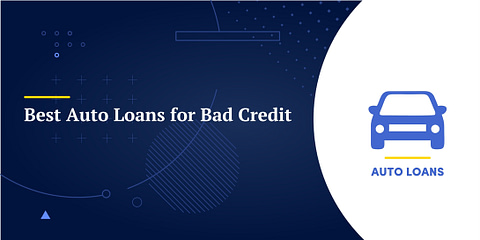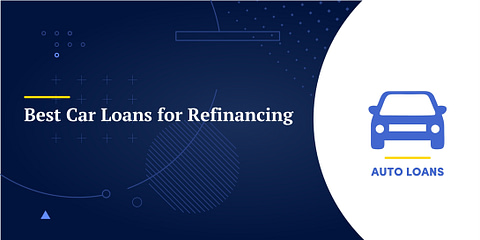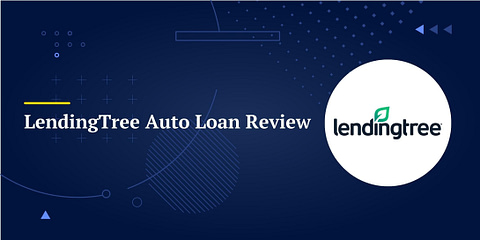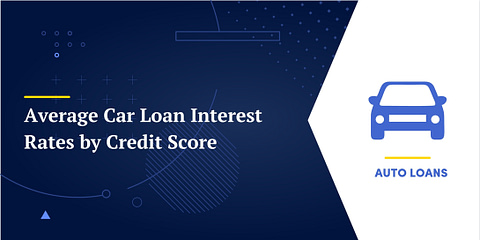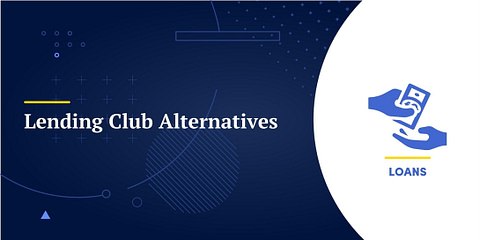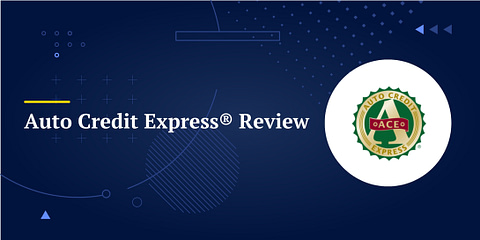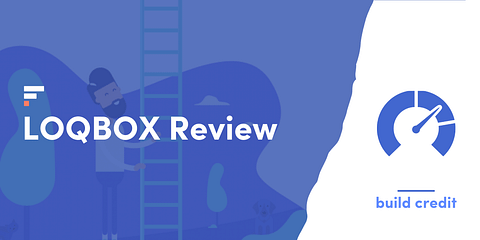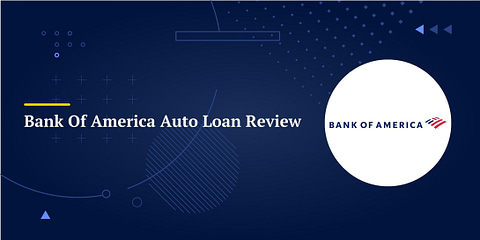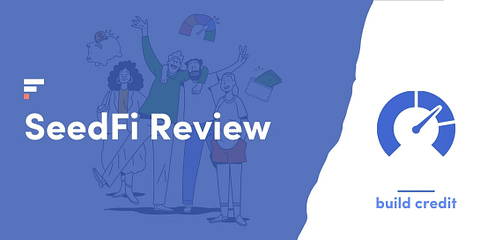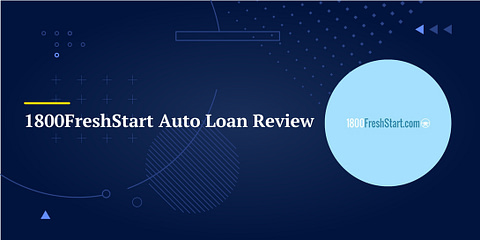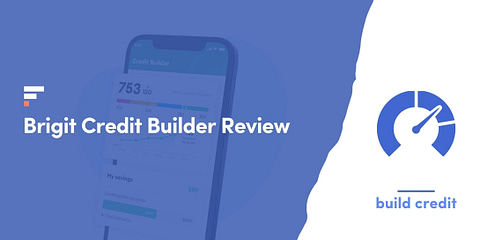There are a few things worth considering when choosing between a home equity loan and a cash-out refinance. While both loans let you tap into your home’s equity, the ideal uses for each can differ.
To help you better understand which one might be best for your unique situation, we will define each type of loan, evaluate the key advantages/disadvantages, and provide some example scenarios.
What Is a Home Equity Loan?
A home equity loan allows you to tap into the equity that you have already accumulated in your home by taking out a second loan on your house, essentially a second mortgage. This is a new loan in addition to your existing mortgage.
🏡 For Example:
Let’s say, for instance, that your home is currently valued at $300,000, and you’ve paid down your mortgage to $160,000. This gives you $140,000 in equity that you can draw upon.
Using this equity, the lender will approve you for a loan secured by your home and paid back in terms ranging from 5 to 30 years.
What Is a Cash-Out Refinance?
A cash-out refinance is designed to replace your existing mortgage while providing you with extra funds. You can use these funds to cover home improvements, consolidate debt, or any other purpose.
🏡 For Example:
Keeping our previous example, let’s say that you have an existing mortgage for $160,000. And you need $40,000 in cash to cover outstanding medical bills. So instead of refinancing just $160,000, you can take out a new mortgage for $200,000.
This cash-out refi will pay off your existing $160,000 home loan and issue you $40,000 (often via check or ACH deposit). You then have a new $200,000 mortgage, typically with a 15 or 30-year term.
How Do Home Equity Loans Differ From Cash-Out Refinances?
Both home equity loans and cash-out refinances allow you to use the equity you have built up in your home. But these two loans’ processes, terms, and fees can differ significantly.
Let’s examine some key differences between the two loan types.
| Home Equity Loan | Cash-Out Refinance | |
|---|---|---|
| Max Loan to Value (LTV) Ratio | 90% (varies by state) | 80%* |
| Closing Costs | Average 2% – 6% of the loan value, but are often waived. | Average 2% – 6% of the full mortgage value. |
| Interest Rate | Often higher than refi rates. | Often lower rates, depending on current market conditions. |
| Term Length | As little as 5 years, up to 30 years. | Usually offered in 15 or 30-year options. |
| Funding | Money goes directly to you. | Money pays off the original lien holder first, then you. |
| Mortgage Insurance | You might need to pay mortgage insurance if your combined loan-to-value (CLTV) ratio exceeds 80%. | You shouldn’t need mortgage insurance since the max LTV is 80%. |
| Tax Breaks | Interest paid is only tax deductible if funds are used for home improvements. | Interest on cash-out funds used for home improvement is tax deductible, plus interest paid on the original mortgage value is always tax deductible. |
**VA cash-out refi loans may offer higher LTV
Foreclosure Risk
The biggest difference between the two loan types is the number of creditors involved.
With a home equity loan, you have two creditors; the primary lien holder (your mortgage) and a second lien holder (home equity loan).
With a cash-out refinance, you have only a single loan and a single payment.
⚠️ Having two loans on one house means two monthly payments and double the chance your home could be foreclosed upon during financial hardship.
Home Equity Loan vs. Cash-Out Refinance; Which Is Better?
Which loan option is the best will largely depend on your circumstances, such as how much equity you have, how much you still owe on your home, current interest rates, and other factors.
To get a better idea of which loan option is the best in your situation, let’s look at some specific examples.
When a Home Equity Loan Might Be Better
🏡 For Example:
Let’s say your home is worth $300,000, and you currently owe $220,000. This gives you $80,000 in equity, but you only need to draw out $25,000 for kitchen renovations. Plus, you are worried about rising interest rates.
So, why would a home equity loan be the best choice in the above example? Here are a few reasons:
- Opting for a smaller home equity loan can save you a bundle of closing costs.
- Taking out a $25,000 home equity loan will give you a total combined loan-to-value (CLTV) ratio of 81.6%. This is higher than most cash-out refinances will allow.
- When interest rates are rising, taking a smaller value loan can help reduce the interest you pay over the life of the loan. However, a HELOC might be an even better choice.
- Taking the smaller home equity loan gives you the option of quicker repayment.
- Since you intend to use the money for home improvements, you can deduct your interest costs at tax time.
When a Cash Out Refinance Might Be Better
🏡 For Example:
Let’s say your current mortgage is $120,000, and with property values increasing, your home is now worth $350,000. Interest rates are falling, and you’d like to cash out $80,000 in equity to consolidate your current debt.
So, why would a cash-out refinance loan be the better choice in this case?
- The interest rate on a $200,000 refi will likely be much better than an $80,000 home equity loan.
- With interest rates falling, you might be able to land a better rate than what you got with your original mortgage.
- Even with cashing out $80,000, your LTV would still be under 60%, which is more than low enough to qualify for a cash-out refi.
Final Thoughts
Once you’ve chosen the best loan type for your situation, remember to shop around for lenders. This can help you save money on interest, fees, and more.
Only cash out the equity you need, don’t let a lender talk you into more. Taking on too much debt now could lead to foreclosure in the future. Don’t put your home at risk if you don’t need the extra cash.





